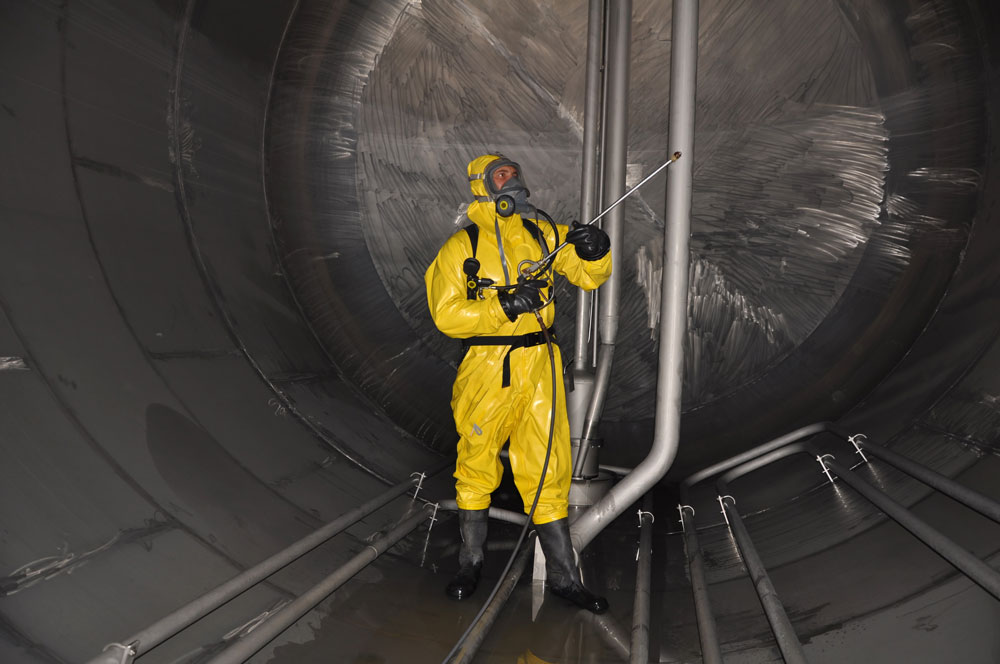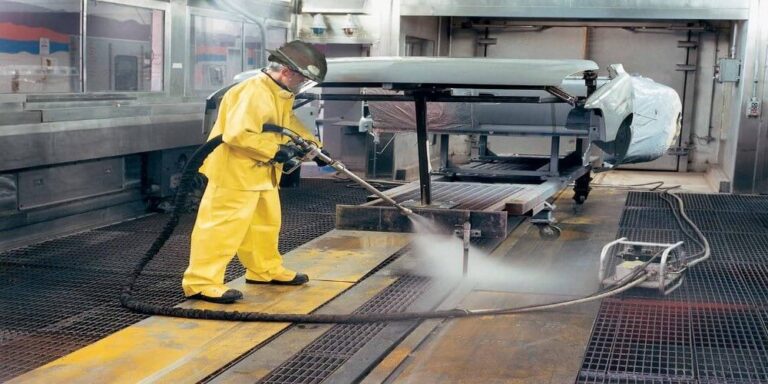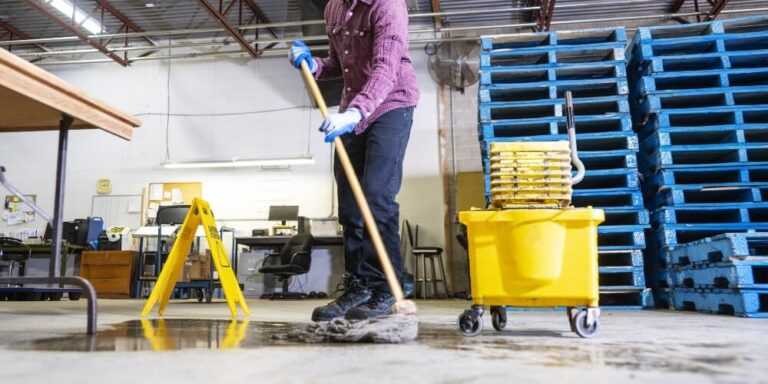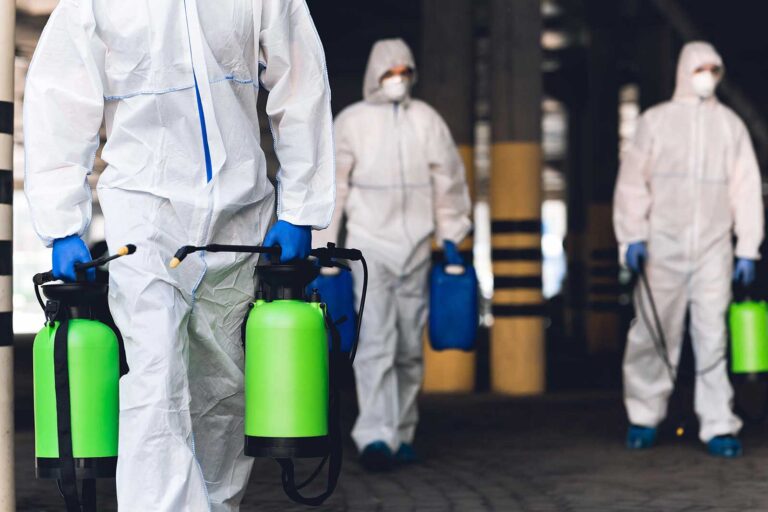Maintaining cleanliness in a factory environment is essential for productivity, safety, and the overall health of employees. But how frequently should you schedule professional cleaning services for your factory? The answer depends on various factors such as the type of industry, equipment used, and the level of production. This guide explores the frequency and importance of using factory cleaning services to keep your operations running smoothly.
The Importance of Factory Cleaning Services
Regular cleaning in a factory is not just about maintaining appearances. It plays a crucial role in ensuring operational efficiency and minimizing risks associated with dirty or malfunctioning equipment. Over time, dust, debris, and hazardous substances can accumulate in different areas of the factory, affecting both the machinery and the workers.
Some of the benefits of scheduling regular factory cleaning include:
- Enhanced Productivity: Clean machinery operates more efficiently. When equipment is free from dust and grime, it reduces the chances of breakdowns, keeping production lines running smoothly.
- Improved Safety: Factories often deal with materials that can pose safety hazards, such as chemicals, oils, and debris. A clean work environment reduces the risk of accidents, making it a safer place for employees.
- Compliance with Regulations: Many industries are subject to health and safety regulations that require certain cleanliness standards. Regular cleaning helps ensure compliance and prevents penalties.
Factors That Determine Cleaning Frequency
The frequency with which you need cleaning services can vary greatly depending on several factors. Below are some of the key elements to consider when deciding how often your factory should be cleaned.
- Type of Industry
Different industries have varying cleaning requirements. For example, food processing factories will require more frequent cleaning compared to an automotive parts manufacturing plant. In industries where hygiene is critical, such as pharmaceuticals and food production, daily or even hourly cleaning may be necessary to meet strict regulatory standards.
- Production Levels
The intensity of production also affects how often you need to clean your factory. Factories that operate at full capacity 24/7 will accumulate dirt and debris faster than those that have limited production hours. High-volume operations may need daily cleaning, while others might be able to get by with weekly or bi-weekly services.
- Type of Equipment
Some machinery requires more frequent maintenance and cleaning to function properly. If your factory relies on sensitive or high-precision equipment, it may need regular cleaning to prevent contamination or mechanical issues. Heavily used equipment might require more frequent cleaning than less-utilized machinery.
Recommended Cleaning Schedules for Factories
Though each factory has unique needs, there are general cleaning schedules that can serve as a guideline for how often to engage cleaning services.
- Daily Cleaning
Daily cleaning is recommended for industries that deal with hazardous materials, food production, or high-precision manufacturing. Daily cleaning may include:
- Wiping down work surfaces
- Cleaning common areas like restrooms and break rooms
- Sweeping floors to remove debris
- Weekly Cleaning
For factories that don’t require daily cleaning, a weekly schedule may suffice. This is suitable for businesses where dirt and grime accumulate more slowly. Weekly cleaning typically involves:
- Deep cleaning of equipment and machinery
- Scrubbing floors and work surfaces
- Removing built-up dirt in hard-to-reach areas
- Monthly Deep Cleaning
A monthly deep clean is recommended for factories that don’t produce excessive dirt or debris on a daily basis but still need regular maintenance to keep equipment running efficiently. Monthly services could include:
- Power washing floors and walls
- Detailing machinery
- Inspecting and cleaning air ducts
- Quarterly or Semi-Annual Cleaning
In some industries, quarterly or semi-annual cleaning may be sufficient, especially for factories that don’t experience high levels of dirt or hazardous waste. This schedule might be suitable for manufacturing plants that use mainly automated systems or have limited personnel on the factory floor. In this case, services could include:
- Full inspection of factory equipment for maintenance
- Removing buildup in hard-to-reach or infrequently accessed areas
- Cleaning storage areas and warehouses
Specialized Cleaning Needs
Some factories require specialized cleaning services that go beyond standard practices. These services are often tailored to the specific materials and processes used within the factory. Examples include:
- Hazardous Waste Management: Factories dealing with chemicals or hazardous materials must follow strict protocols for waste removal. Specialized cleaning teams can help manage the safe disposal of waste and ensure that the factory meets environmental regulations.
- Clean Room Maintenance: For industries like pharmaceuticals, semiconductor manufacturing, or biotechnology, clean rooms require consistent and specialized cleaning. Any contamination in these areas can compromise products or research, so precise cleaning is essential.
- Machinery Lubrication and Degreasing: In factories where machinery operates constantly, regular cleaning and lubrication are needed to ensure that equipment runs smoothly. Specialized cleaning helps prevent grease buildup and mechanical failure.
Conclusion
How often you should use factory cleaning services largely depends on your industry, production levels, and equipment type. To take the next step in enhancing your factory’s cleanliness, consider reaching out to professional cleaning services that can tailor a plan to your specific requirements. Keeping your factory clean is essential for safety, compliance, and productivity. Explore available services today and ensure your facility is operating at its best.




